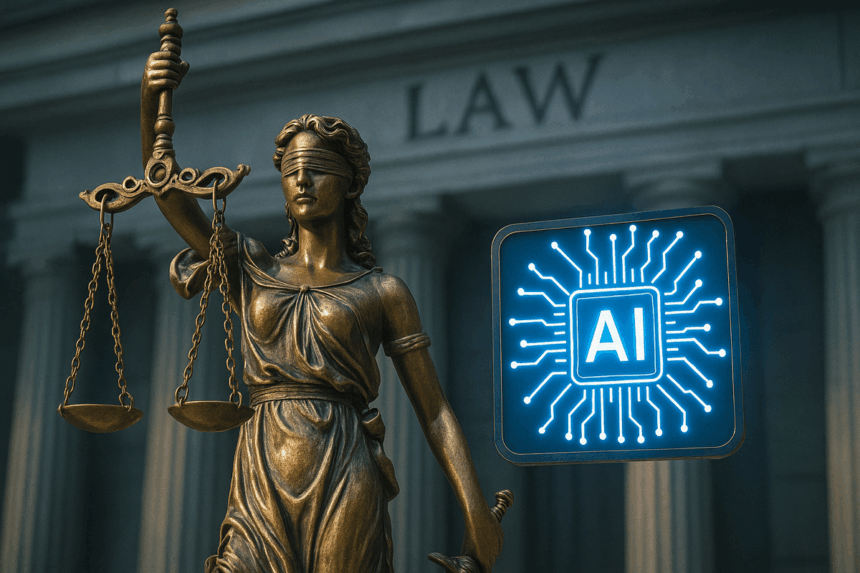The European Commission officially withdraws its proposals for an AI Liability Directive and a Standard Essential Patents (SEP) Regulation. These moves come after months of resistance and a lack of agreement among lawmakers and member states. The withdrawal raises questions about whether effective governance of AI can be achieved at the EU level. The Commission promises to continue monitoring developments and may revisit these issues in the future.
What’s Happening & Why This Matters
The Commission’s decision follows the recognition that no consensus was forthcoming. The AI Liability Directive, intended to harmonise consumer protections when AI causes harm, faced delays and opposition since its proposal in 2022. Some lawmakers, including Axel Voss of Germany, urged continuation to ensure legal clarity alongside the AI Act. However, concerns grew that different member states would apply the rules inconsistently, undermining the goal of harmonisation.
Similarly, the SEP regulation, critical for industries relying on standardised technology such as automotive and smart energy, also faced hurdles. Although the European Parliament agreed to the SEP rules in early 2024, the Commission announced its withdrawal in 2025, hoping to build consensus support. The lack of clear backing from both Parliament and the Council prompted this step. The Commission pledges to monitor market and international progress, addressing licensing issues in the meantime.
These withdrawals align with the Commission’s agenda to simplify and reduce regulatory burdens, especially for small and medium enterprises (SMEs). A digital fitness check will identify reporting obligations that can be trimmed, with an omnibus simplification package due in December 2025.
The withdrawal decision has not gone uncontested. German lawmaker Tiemo Wölken plans to sue the Commission for lack of transparency; he cites a denial of access to related documents. Wölken accuses the Commission of delaying and obscuring the rationale behind abandoning these legislative efforts, which he believes threatens democratic accountability.
AI Governance Hiccups
Effective AI governance requires national authorities to coordinate closely while dealing with complex, evolving technologies. Some EU member states are slow to appoint regulators capable of overseeing AI compliance under the AI Act, which begins formal enforcement from August 2025. Any delay could hamper the enforcement and consistent application of rules.
The AI Act introduces hefty penalties for violations, with fines up to €35 million or 7% of global turnover. However, variability in national enforcement and political appetite may create uneven regulatory landscapes. Overlaps with other regulations like GDPR, the Digital Services Act, and the Digital Markets Act complicate governance.
The Commission’s recent Code of Practice for General Purpose AI (GPAI) models — covering systems like ChatGPT, Google Gemini, and X’s Grok — offers voluntary guidelines on transparency and safety. Companies signing it face less scrutiny, but all must comply with the AI Act’s requirements. Meta notably refuses to sign, citing concerns about innovation stifling, while Google and OpenAI have signed on.
TF Summary: What’s Next
The withdrawal of key AI liability and patent regulations foreshadows the difficulty of creating unified, enforceable EU AI laws. Political disagreement and complexity minimise attempts to govern AI effectively across the group’s member states.
The European Commission will adapt its strategy as needed. Stronger coordination, clearer enforcement mechanisms, and simplified rules may level the field for innovation, safety, and competitiveness in AI governance. The Commission’s next steps may determine how Europe balances protecting citizens and encouraging technological progress.
— Text-to-Speech (TTS) provided by gspeech


